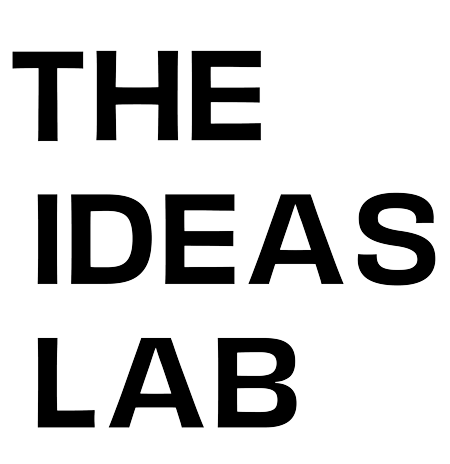
What’s Mumbai’s cuisine? It’s a question that’s tough to answer and trace. For most, the answer starts at Vada Pav and ends at Pav Bhaji. But before pav ever found its way to Mumbai, what did the people in Mumbai eat? To understand that you would have to go back to the early 1500s before the Portuguese set foot in Mumbai.

Collecting fish and local produce. Photo: Go Hallu Hallu
Mumbai’s native communities include the Warli and the Koli community. While the Warlis are an agrarian tribe, the Kolis are fisherfolk. As both communities live off the land, their food is simple and consists of indigenous fish, rice, vegetables and herbs. It also varies as per the season.
At first glance, native Mumbai food is not too different from the rest of Maharashtra or India. A bite in, you will find that these cuisines use spices sparingly compared to the rest of Maharashtra. “If the Koli are eating a new seasonal vegetable, it’s a celebration. They will have a ritual or some form of celebration attached to it,” says Aslam Saiyad, Co-founder of Go Hallu Hallu, a walking tour company that hosts cultural walks with Mumbai’s indigenous communities.
If you want to understand or sample Mumbai’s native cuisines there are a few experiences you can indulge in.
Walks with Go Hallu Hallu

A Warli meal and a Koli holding a bhakri made out of rice. Photo: Go Hallu Hallu
The touring company organises a host of walks across Mumbai. What’s different about them? All their walks are centred around the indigenous peoples of Mumbai. Take for example their Dahisar River Walk, which takes you in the depths of Sanjay Gandhi National Park to intrduce you to the Warli tribe.
Through the course of the walk, which is led by someone from the Warli community, you get to know how the community has been living off the land for generations. Complete with meals at the home of the walk leader to a Warli art workshop at the end, this walk is a glimpse into how the natives lived well before the British came to our shores.
Saiyad and his partners’ idea was to connect with Mumbai’s culture. “We derive culture from the environment. Food is an integral part of culture. But now, what we eat is mostly industrial food. I want people to connect with Mumbai’s geography,” he says.
Go Hallu Hallu organises other walks include one that takes you around Versova Koliwada, and another that’s around the First People of Mumbai in Chimbai village. You can sample each community’s food through these walks as Saiyad ensures the long walks include meals too. “During our Uttan walk, we have East Indian food but it’s a little different. We once ate a cake made from tadgola pulp, and the community also makes wine out of the fruit,” says Saiyyad.
These walks usually last for 3 to 5 hours and are hosted over the weekend. You can check their full schedule on their Instagram page.
The Heritage Project
RPG Foundation’s The Heritage Project is yet another way to experience what native Mumbai cuisine is all about.
The organisation is reviving the heritage of Mumbai at Worli Koliwada and has even installed signs and plaques that tell you about the history of the neighbourhood. Through their events that promote cultural interactions with the Kolis and boost the local economy, you can sample what a Koli meal would taste like.
Keep an eye out for their events on The Heritage Project’s Instagram page.
Seafood Plaza – Mahim Koliwada
In an effort to boost local economy and promote Mumbai’s indigenous culture, the Brihanmumbai Municipal Corporation(BMC) inaugurated the city’s first Seafood Plaza in Mahim Koliwada.
At the plaza, which is located right by the sea at Reti Bunder. Among a host of stalls that are set up by the Kolis who live around, you can eat the whole sea. You will find fried fish, curries, and more depending on whatever the catch of the day.
The Seafood Plaza is closed on Mondays, Tuesdays, and Thursdays. You can head there on other days between 7 pm to 12 am.

